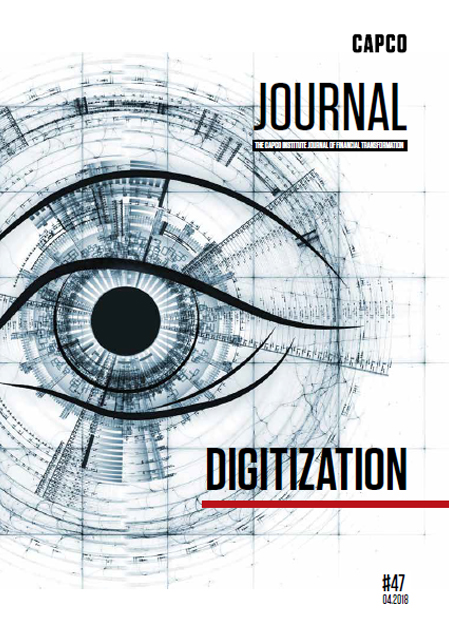The use of cryptotechnologies (CTs) in transaction banking is currently widely discussed in the financial services industry. Since the description and publication of the Bitcoin system in 2008, the potential of CTs (also known as distributed ledger technology) to simplify and enhance traditional processes in transaction banking has been attracting much industry attention and debate. Use cases have been defined and discarded in the search for implementations that would increase efficiencies and/or unlock new business opportunities for both financial service providers and their customers.
In 2015, the Cryptotechnologies Working Group of the Euro Banking Association (EBA) started to explore the practical implications, opportunities, and challenges of CTs in transaction banking. Composed of payment practitioners from banks across Europe, the working group has been looking into concrete use and potential business cases, e.g. foreign exchange (FX), real-time payments, trade finance or international payments.
For its current publication, the working group examined the use of CTs in processes where data security and integrity are key. The resulting paper, which is reprinted here in form of an article, covers two use cases - third-party authorization (both from a bank and customer perspective) as well as know your customer (KYC) and due diligence processes. It describes how banks as well as their customers and other stakeholders can experience the benefits in terms of transparency, speed and efficiency that the use of CTs can offer in these contexts without having to compromise on data security and regulatory compliance.
